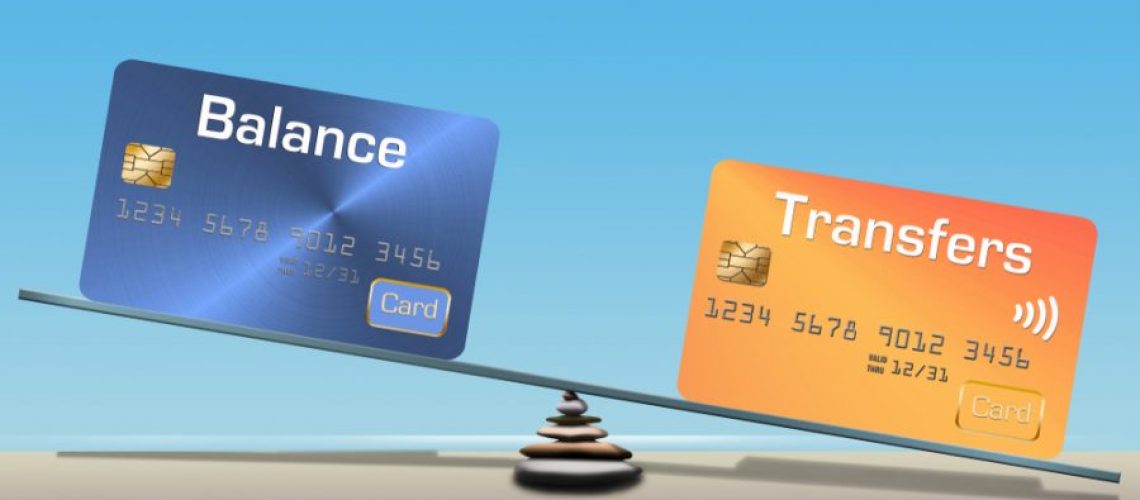Can you always save money on credit card interest with a balance transfer? The answer is, “No”. Sometimes, it’s better not to move your balance because doing so can put you in worse financial condition.
Here are examples of circumstances when opting for a balance transfer is a bad move:
You have an existing balance in the credit card where you wish to transfer your other balance. Just because the credit card company offers a low interest promotional balance transfer interest rate doesn’t mean that you can save money. The truth is—you may not be able to take advantage of the low interest offer as long as you have a current high-interest balance on that card.
Here’s an example: You have two cards-Card A has a balance with 12% APR, and Card B –with a 0% promotional interest, but with an existing balance. If you pay above the minimum, the payment will go toward Card A. So, if Card B has a balance, that amount will accrue interest. While the balance transfer wouldn’t accumulate interest, the current balance on the card will still do, if unpaid. But, if you only pay the minimum, it will go towards the low-interest account, which is Card B.
It has a lower credit limit. If you transfer your balance to a credit card with a lower credit limit, you can seriously hurt your credit score. It will result to a high utilization rate especially if the balance you intend to transfer is more than 30% of the credit limit. Even if you pay down the balance, your credit score will still go down with high credit utilization.
The annual fee offsets the interest savings you can get from a promotional lower balance transfer. If the fees of the new credit card are higher than the old one, you may end up paying more than leaving the balance exactly where it is.
In a nutshell, don’t jump at a credit card balance transfer deal without studying the loan terms and calculating how much it would cost you in the end.
How much is the Annual percentage rate (APR) after the introductory period is over? Is there a balance transfer fee? What about the minimum monthly payment? Get the key figures to know if the balance move can cost you more than leaving your balance on the card.
You have a less than stellar credit score and unstable income. Do not rely on a credit card balance transfer pre-approval offer. There is no guarantee that the credit card issuer will approve your application based on similar terms. The balance transfer rate can go up or down the moment your creditor considers your credit report and your income. With a zero credit or bad credit, and an inconsistent cash flow, you may not be eligible for the promotional balance transfer interest rate you expect.
If you have a bad credit, it’s time to consider credit repair. Clean Credit can help you literally clean up your report and fix it to improve your credit standing and for you to become eligible for great balance transfer deals.

